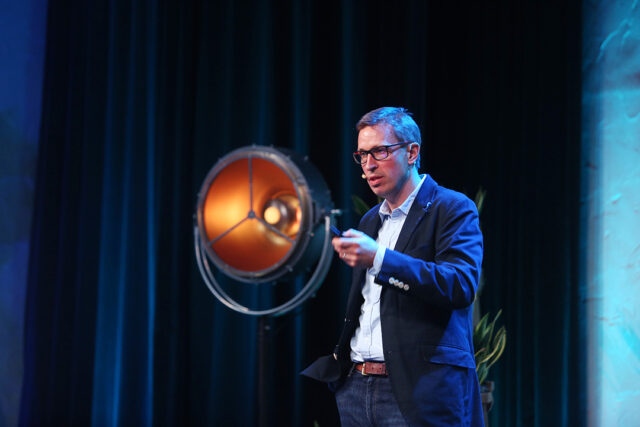There’s no denying the speed at which the generative artificial intelligence (AI) sector has grown over the past year.
In the UK, AI experimentation has been widespread. Research by Ofcom found that 31% of adults and 79% of 13–17-year-olds in the UK had used a generative AI tool, such as ChatGPT, Snapchat My AI, or Bing Chat (now called Copilot). This included for personal, educational, or professional reasons. Recent ONS data shows that around 15% of UK businesses are currently using at least one form of AI. Larger companies were also the most likely to adopt an AI tool.
Since the launch of Chat-GPT at the tail end of 2022, the potential economic, political, and societal implications of AI have cast a long shadow.
AI has attracted enthusiastic investment from businesses looking to be the first to adopt. The technology has also attracted criticism for a mixture of reasons. These range from the unethical use of intellectual property to train large AI models like Chat-GPT, to the potential devastation of the job market.
Now, the UK’s Competition and Markets Authority (CMA) has highlighted the fact it has serious reservations over the “whirlwind pace” at which AI is being developed.
“When we started this work, we were curious. Now, we have real concerns,” said Sarah Cardell, CEO of the CMA, speaking to the 72nd Antitrust Law Spring Meeting in Washington DC.
AI foundation models pose risk to “fair, effective, and open competition”
Cardell’s speech—along with an update to the CMA’s earlier report on AI foundational models released last year— highlighted the growing presence of a few incumbent tech companies further cementing their control over the sector, and the foundational AI market specifically.
“Without fair, open, and effective competition and strong consumer protection, underpinned by these principles, we see a real risk that the full potential of organisations or individuals to use AI to innovate and disrupt will not be realised, nor its benefits shared widely across society,” warned Cardell. She added that the foundational model sector of the AI market was developing at a “whirlwind pace.”
“As exciting as this is, our update report will also reflect a marked increase in our concerns,” she explained. Specifically, Cardell and the CMA believe the growing presence across the foundation models value chain of a small number of incumbent technology firms, which already hold positions of market power in many of today’s most important digital markets. These firms,she argued, “could profoundly shape these new markets to the detriment of fair, open and effective competition, ultimately harming businesses and consumers, for example by reducing choice and quality and increasing price.”
- Data & AI











